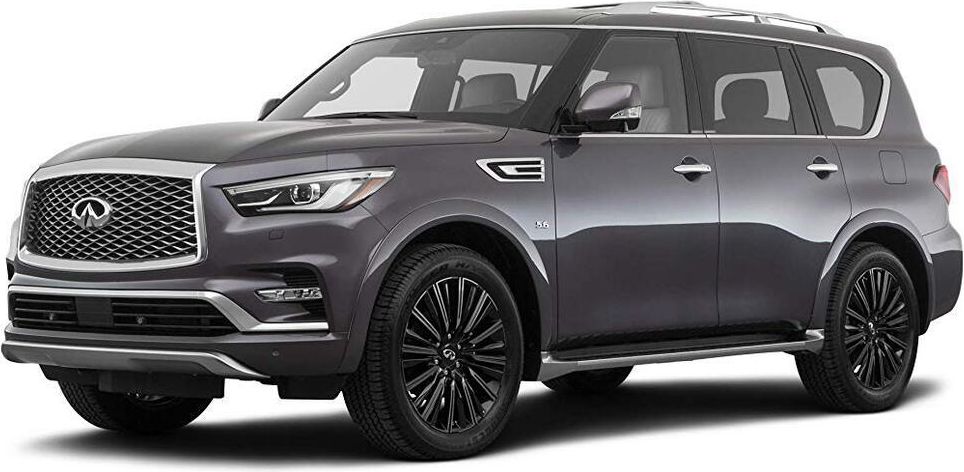When it comes to financing a car, you have several options available, but two of the most common are personal loans and auto loans. Each option comes with its own set of advantages and considerations, and understanding the differences between them can help you make an informed decision that aligns with your financial goals.

Understanding Personal Loans
Personal loans are unsecured loans that you can use for various purposes, including buying a car. These loans are typically based on your creditworthiness, income, and other financial factors. Upon filing a loan application, you receive a lump sum of money upfront, which you can then use to purchase a vehicle from a private seller or dealership. Personal loans often come with fixed interest rates and terms ranging from one to seven years.
- Flexibility in Usage: One of the significant benefits of personal loans is that they can be used for more than just purchasing a car. If you're considering other expenses like insurance, registration, or even minor repairs or modifications, a personal loan can cover these costs as well, providing you with a comprehensive financial solution.
- No Collateral Required: Unlike auto loans, personal loans are unsecured, meaning you don't need to put up any collateral, such as your car or home, to secure the loan. This can be advantageous if you're hesitant to risk losing your vehicle in case of financial difficulties, as is the case with auto loans.
Pros and Cons of Personal Loans for Car Financing
Pros
Flexibility is a significant advantage of personal loans. You have the freedom to choose the car you want to buy, whether it's new or used, from any seller. Additionally, if you have good credit, you may qualify for lower interest rates, potentially saving you money over the life of the loan.
Cons
Since personal loans are unsecured, they typically come with higher interest rates compared to auto loans. Additionally, the loan terms may be shorter, resulting in higher monthly payments. Furthermore, if you have less-than-perfect credit, you may struggle to qualify for a personal loan or receive unfavorable terms.
Auto Loans Explained
Auto loans, on the other hand, are specifically designed for purchasing vehicles. These loans are secured by the vehicle itself, meaning if you fail to make payments, the lender can repossess the car to recoup their losses. Auto loans are offered by banks, credit unions, and car dealerships, and they come with fixed or variable interest rates and terms typically ranging from two to seven years.
- Dealer Financing Options: When purchasing a car from a dealership, you'll often have the option to finance directly through the dealer. While this can be convenient, be aware that dealer financing may come with higher interest rates or additional fees compared to securing a loan from a bank or credit union.
- Loan-to-Value Ratio: Auto lenders typically consider the loan-to-value (LTV) ratio when determining loan terms. This ratio compares the loan amount to the appraised value of the vehicle. A lower LTV ratio signifies less risk for the lender and may result in more favorable loan terms, such as lower interest rates.
Pros and Cons of Auto Loans for Car Financing
Pros
One of the main advantages of auto loans is that they often come with lower interest rates compared to personal loans since the vehicle serves as collateral. Additionally, auto loans may be easier to qualify for, even if you have less-than-perfect credit. Some lenders also offer special promotions and incentives, such as zero-percent financing or cash rebates.
Cons
The primary downside of auto loans is that they are tied to the specific vehicle you're purchasing. This means you may have less flexibility in choosing the car you want, and you may be limited to buying from certain dealerships. Additionally, if you have poor credit, you may face higher interest rates or be required to make a larger down payment to secure financing.
Making Your Decision
When deciding between a personal loan and an auto loan for car financing, consider your financial situation, credit score, and preferences. If you prioritize flexibility and want the freedom to choose any car from any seller, a personal loan may be the better option. On the other hand, if you're looking for potentially lower interest rates and easier qualification, an auto loan could be the way to go. Ultimately, weigh the pros and cons of each option and choose the one that best fits your needs and objectives.

Choosing between a personal loan and an auto loan for car financing requires careful consideration of your financial circumstances and priorities. Both options have their own set of advantages and drawbacks, so it's essential to evaluate them thoroughly before making a decision. Whether you opt for a personal loan's flexibility or an auto loan's potentially lower rates, the key is to select the option that aligns with your goals and helps you secure the best deal on your next car purchase.




